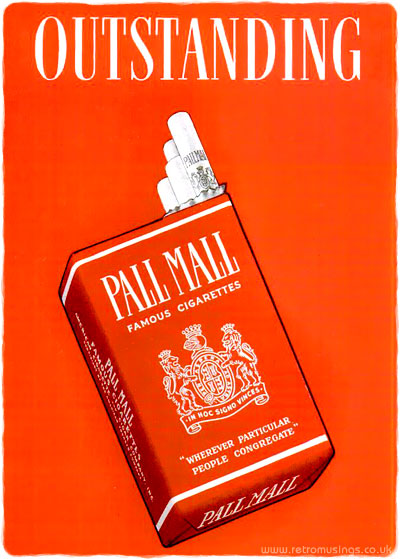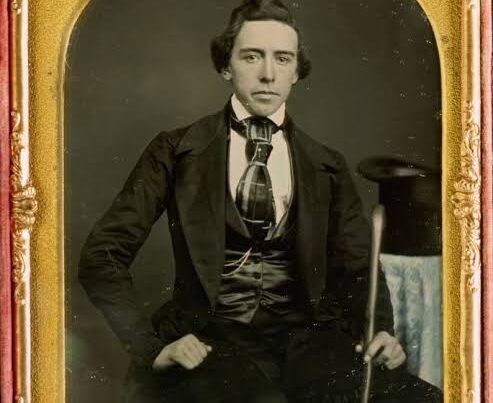Memory is the thing with which we forget. I tend to believe that Memory lives in those deep crevices in the soft pink tissue of the brain; in the darkness of the crooked rows that look to have been dug by a plow mule with the blind staggers. A man can be going along, thinking a thought, and Memory will jump out of nowhere and snatch a name or a date or the location of his car keys or bill folds, dragging it down into one of those holes where he can’t get at it. And all the things we have once known but don’t are caught somewhere in one of those cracks. That’s probably why we shake our heads when we can’t remember something. As though with enough head-wagging we might be able to rattle a forgotten thing loose.
Memory doesn’t give up its spoils easily. It’s like what the old folks used to say about a snapping turtle: once it latches on to something it won’t turn it loose until the next new moon. Or maybe it’s like what happens when a cat that tires of playing with a dead mouse. About the time you stop looking for it you’ll find it lying right there on the front porch.
But most of the time it takes magic to remember. The magic of the mundane. See, there’s a certain power resident in everyday sights and sounds and smells; talismans as ubiquitous and commonplace as white bread and idiots. And every once in a while you will hear, or smell, or see something that charms Memory into giving up some long lost treasure. I know this to be true because it happened to me just last night.
Last night I saw a sign in a window for Pall Mall cigarettes and that sign freed a thought that had been unthunk for over twenty years.
I was a boy preacher in rural south Arkansas. It was revival season. Hot and sticky. Mosquitoes as big as turkey buzzards. Floors strewn with sawdust and cigarette butts.
Tents, tabernacles, and brush arbors were holy places in the South. People would drive in from far and wide for “camp meetings” like so many Queens of Sheba coming to stare wide-eyed at Solomon’s Temple.
The services were usually all night affairs with half the night given over to singing, a quarter of it spent eating, and the rest taken up with preaching. Since I couldn’t sing but was young, zealous, and fairly loquacious, I reckon it seemed evident to most that I had both “the call” and the “anointing.” So I was a regular “evangelist” at such venues. For the most part it didn’t much matter what you said as long as you said it loud.
We sang loud, prayed loud, and preached loud. We even listened loud. We had shouters and runners, dancers and pew jumpers, bawlers and squallers, hoopers and hollerers, hummers and headshakers, my-myers and mmm-hmmers, but no quiet observers. We left the noiseless hand-folding to the Presbyterians.
We didn’t need snakes. Folks were lively enough without them. To be honest, it would have probably scared a rattlesnake to death. It had that effect on at least one Episcopalian. A gathering under our revival tent wasn’t as much like a congregation of Baptists as much as it was like a wild company of peach orchard boars.
On this particular evening, the moderator of the meeting said what was so often said—and likely one of the most imprudent things that ever could be said at such a place—“does anyone have a song on their heart they’d like to sing?”
Way in the back a man coughed, spat, then spoke up in a raspy voice, “Brother, I’ve got a song that’s been on my heart all week. It’s just dyin’ to get out.” Directly I would find out that me and that song had that much in common.
The troubadour was tall and skinny, unnaturally so. He looked like a strangled bean sprout left too long on the vine. And his complexion was about as green. He was clad in denim from bangs to boots. The creases of his jeans came to a finer point than his ostrich skin wingtips. I swear those britches were so sharp with starch that they would’ve cut a gash in the meat of your leg had you brushed up against him.
They were also unnervingly tight. As though someone had greased his hips and bony legs and then dropped him from a rooftop just to get him into them. And had there been a quarter in his pocket you would’ve been able to count the number of old Washington’s chin whiskers.
A hardtop box of Pall Mall’s peaked out of his shirt pocket. As we walked down the center aisle, he pinched the stubby nub of a cigarette between his tar-stained thumb and forefinger, nodding to worshippers as he strolled nonchalantly toward the pulpit. He took one last drag midway to the microphone and tossed the smoldering butt into the sawdust near the pianist’s purse. She just smiled and said, “Bless him, Lord” while he climbed, with some effort, behind the podium.
He then reached into his shirt pocket and pulled out the half-empty pack of cigarettes, and shook one between his long fingers. “I ain’t gonna light it. I just git so nervous. So I’m gonna hold it. Kinda like a crutch. Pray fur me.”
We did.
“I aint brang no music with me so I’m just gone sang this like the Lord laid it on my heart. Don’t listen to my voice; listen to the message n’ let God bless ya.”
He then lit into what must be the most creative version of Garth Brooks’ “I will Sail My Vessel” in history.
He twirled the stick of tobacco mindlessly as he bellowed and croaked. Now, he knew as much about singing as a pig knows about Sunday. He never got within a country mile of that tune, or any tune, but he made up for it in ardor. He was as loud as seven thunders. That was a miracle in itself. After hearing the raw power of this chainsmoker’s lungs, a skeptic wouldn’t have converted more easily if Moses had appeared and brought water from a tambourine.
A few women in the choir provoked him to greater musical heights with their diligent “amens.” I shot my eyes at them. They hushed.
He finally finished, no doubt quite pleased with his performance. I was making my way to the pulpit as he was sidling back to his seat. As I set my Bible on the pulpit, I heard the distinctive sound of a zippo lighter opening and closing. I looked up to see him enjoying his burnt offering before the Lord about three pews back, pillars of smoke wafting over his head.
“Beloved,” I said, “ Tonight I am preaching a sermon on the Fourth Man in the fiery furnace. It’s entitled: “When the Smoke Clears!” Though, to be quite honest, I’m not sure it ever did.
I’m not going to suggest that Pall Malls are healthy. But I do believe there’s at least a bit of magic in them. Enough to conjure up a twenty-year old thought long interred in the cracks of my mind. Perhaps even enough to enable you to catch a whiff of a second-hand memory.






